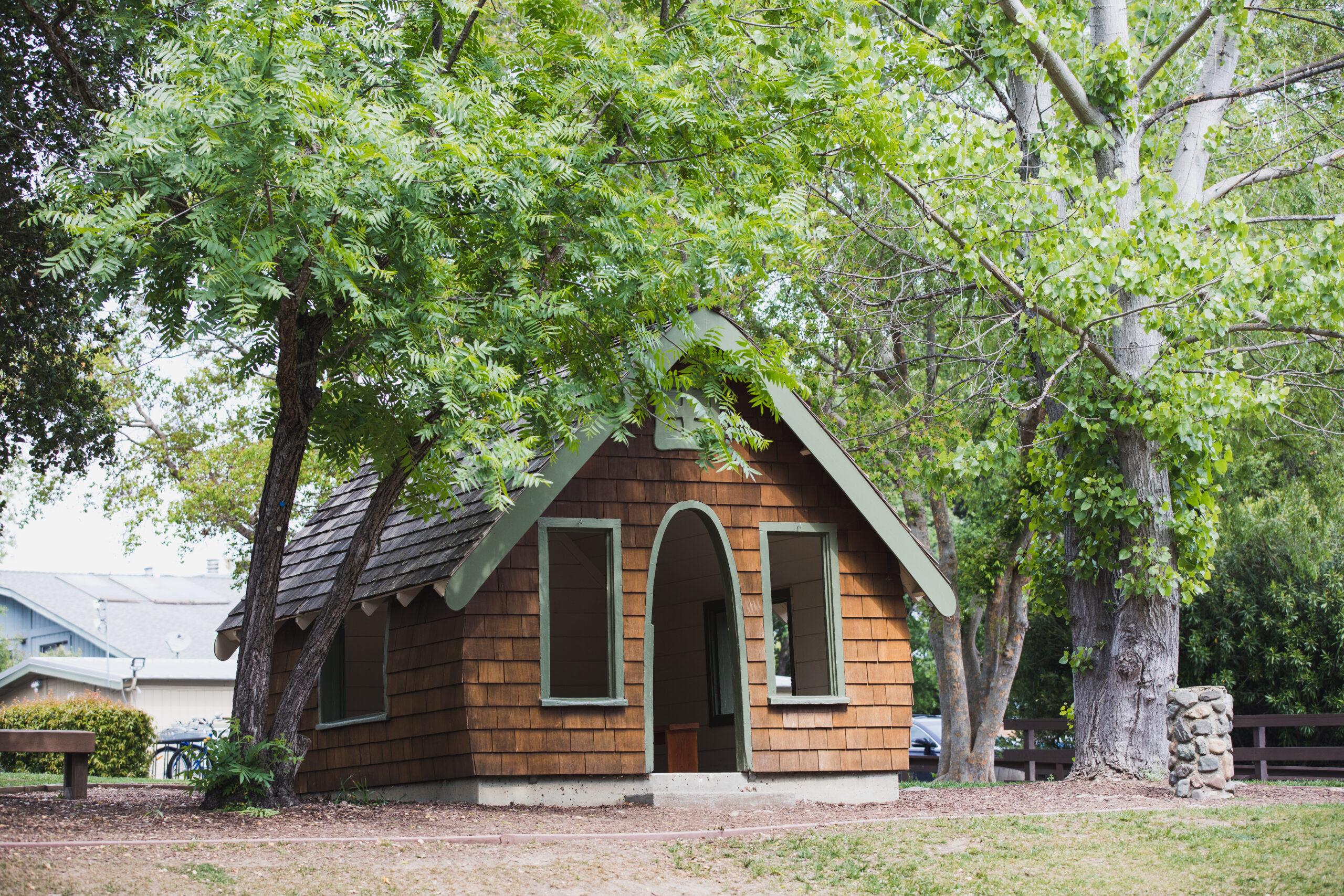During Thanksgiving Break, I had the opportunity to read a book – The End of Life Book Club, which offered a beautiful insight into the power of books to bring people together. The book chronicles the nearly two-year battle of Mary Ann Schwalbe against pancreatic cancer. Written by her son, Will, the book describes the informal book club they create with each other, as they share and discuss a broad range of books during the hours he spends with her during her final years.
Schwalbe’s book reminded me that reading, while ostensibly an individual act as you are actually doing it (unless, of course, you are reading a book aloud to someone), is in reality a powerfully social activity, one that can bring people together and deepen our connection to individuals and ideas. Books often compel us to connect with others, as we want to share what we have experienced or learned. Books can inspire us, challenge us, entertain us, and transform us. Moreover, great books can be read and reread many times, each time providing us a different experience and insights. Where we are in our life or the person we are reading a book with, can profoundly influence our understanding and our experience.
With that in mind, I thought I would share a few books I have been reading or rereading recently. While I have read a broad range of books in the last six months, from the bestselling novels The Nightingale and All the Light We Cannot See to the intriguing history, Dead Wake, which chronicled the sinking of the Lusitania, I thought I would share a few titles connected to education and parenting that are influencing my own thoughts about school. Particularly as the school looks to create a new strategic plan to build upon the transformative work of Vision 2015, I am increasingly struck by the opportunity and the necessity that we face as a school and as an adult community to ensure that Hillbrook, and other schools, prepare our children for the future, and not simply replicate practices that prepared them for the past.
Creating Innovators, Tony Wagner
Written in 2012, Wagner’s book was a follow-up to his earlier work, The Global Achievement Gap. Taken together, the books make a compelling case that schools need to focus less on what you know, and more on what you can do with what you know. Information is readily available and easily accessible, he notes, so education needs to teach you how to make sense of that information. He challenges schools to focus on what he and others have termed 21st century skills, including creativity, critical thinking, collaboration, and communication.
People who had the opportunity to see “Most Likely to Succeed,” the film we screened in partnership with the LGUSD this Fall, may remember seeing Wagner in the film.
The End of College, Kevin Carey
Carey shares his vision for the “university of everywhere,” envisioning a future where access to education is easy and inexpensive, perhaps even free. He shares a brief history of higher education, exploring the historical roots of colleges and universities and argues that the current system is seriously broken. While I’m sure that Carey’s vision of MOOCs and online education as a panacea are overstated, I think his questions about the value of a college education should not be taken lightly. Like Wagner and others, at the heart of his book is a critique of what students need to know in order to succeed in today’s world.
How to Raise an Adult, Julie Lythcott-Haims
This book has gained a great deal of attention in part because of author Julie Lythcott-Haims professional career, which included a stint as the Dean of Freshman at Stanford University. In her book Lythcott-Haims asks, “Did the safety-conscious, academic achievement-focused, self-esteem promoting, checklisted childhood that has been commonplace since the mid-1980s and in many communities has become the norm, rob kids of the chance to develop into healthy adults?” Her answers echo earlier books on the subject, including one of my all-time favorites, Wendy Mogel’s The Blessing of a Skinned Knee, and challenge us to think both about what we are doing as parents and as schools to help prepare children not just for school but for life.
There are several other books still on my book stand that I have not yet had an opportunity to fully read, including Ken Robinson’s Creative Schools – The Grassroots Effort That’s Transforming Education, Frank Bruni’s Where You Go is Not Who You’ll Be, and William Deresiewicz’s Excellent Sheep – The Miseducation of the American Elite and the Way to a Meaningful Life. These books, like the others I have recently read, challenge us to rethink our traditional models for education and for schools.
With winter break fast approaching, I can’t wait to settle down into a comfortable chair and start reading. During this time of rest and rejuvenation, I invite you to pick up one or more of the books I have read – or I am about to read – and join me in thinking about and discussing the future of Hillbrook. I also encourage you to share with me the books you have been reading and enjoying, whether in education, leadership, or in other fields. As we look forward to welcoming a brand new year, I hope that each of you find within the pages of a book further opportunities to hope and envision the future of education and our school.
Wishing you all wonderful holidays, a happy new year, and I look forward to welcoming each of you back to school in 2016.
Click here to follow the Official Hillbrook School blog, Hillbrook Voices.

